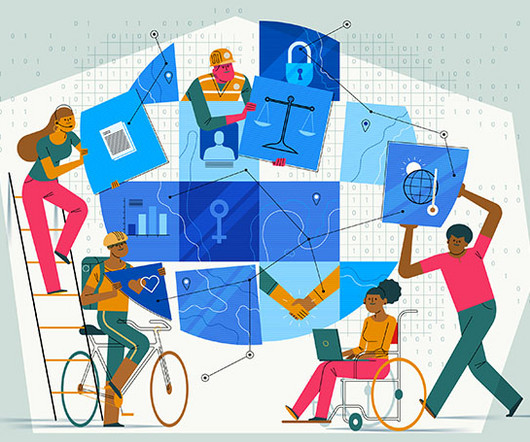Building Boundaries in Love for Equity and Justice: An AI Manifesto
NonProfit Quarterly
FEBRUARY 17, 2025
It calls for AI that is designed explicitly to dismantle systemic inequities and address the social ills caused by historical and present-day injustices. For those impacted by AIcommunities, workers, everyday peoplesuch policies serve as essential protective barriers.












Let's personalize your content